
2,000 British Race Horses Dead: The Shame of the Racing Industry
This shocking number of individual victims were killed over a period of 4,645 days, which equates to the death of a horse almost every other day on British racecourses.

This shocking number of individual victims were killed over a period of 4,645 days, which equates to the death of a horse almost every other day on British racecourses.
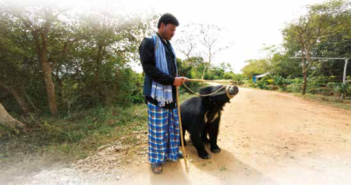
In an interview with International Animal Rescue’s CEO, we discuss why and how the cruel dancing bear trade was ended, and how this project convinced him that animal welfare and human welfare go together.
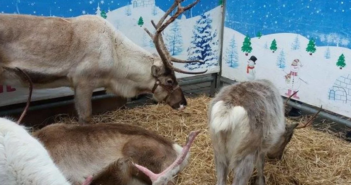
Pubs around the United Kingdom are using live reindeer and other animals at holiday events. Using animals in this way sends a message that animals are props, rather than living beings.

For many children, losing a pet is their first experience with grief and loss. Luckily there are some ways to help your family cope with the loss and come together.

The lies propagated by the captive dolphin industry help to allow this cruel and ridiculous practice to go on.
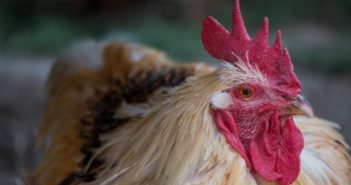
Garcés discusses working together with animal farmers to help animals, why it’s important to work on welfare improvements, and what’s so special about chickens.

Last year M-44s killed 6,579 animals, mostly coyotes and foxes. The devices are dangerous to wildlife, pets, and humans and should be banned.
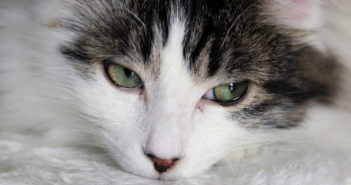
The research at SUNY’s College of Optometry has killed hundreds of cats without producing any information applicable to human vision disorders. Thanks to a lawsuit it is now coming to an end.
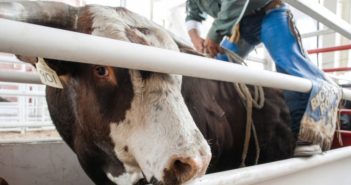
A veterinarian and former rodeo competitor shares about why she believes rodeos should be made illegal.

With more than 2,000 dogs killed per year, this slaughterhouse was the largest supplier of dog meat in the province.
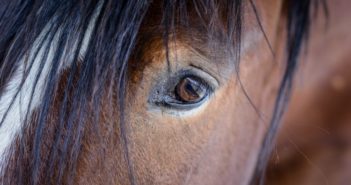
To produce drugs containing Premarin (Pregnant Mare’s Urine), mares are confined, subjected to constant pregnancy, and their foals are immediately removed and often sent to slaughter. Several humanely sourced alternatives exist to this cruel drug.
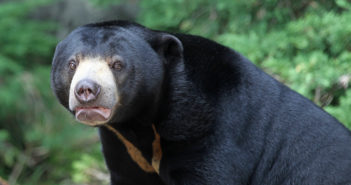
Despite being illegal, bear-based products were found in 69% of surveyed Traditional Chinese Medicine shops in Malaysia.